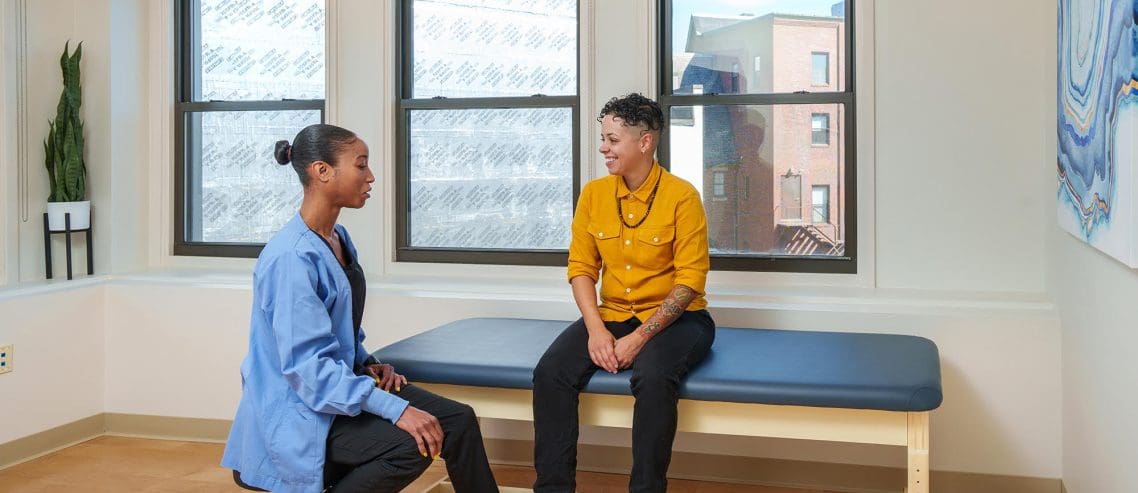Extending Dry January: The Benefits of Sobriety in the New Year and Beyond
Each year, millions of people give up drinking alcoholic beverages in the month of January as a way to counteract the indulgences of the holiday season and reap the benefits of sobriety. Known as “Dry January,” the public health initiative was first launched in the UK in 2013 as a way to help people address the myriad health and social issues that often accompany alcohol use. In 2023, as many as 260 million Americans took the Dry January pledge, promising to abstain from alcohol for the entire month.
By all accounts, abstaining from drinking alcohol for a month is a winning proposition. Research shows that many Dry January participants — especially those who consider themselves moderate to heavy drinkers — experience immediate health benefits in the form of weight loss and lower blood sugar and liver fat levels. According to one survey, more than 70% of people who abstained from alcohol for the month of January reported they were sleeping better and had increased energy.
If you’ve experienced the benefits of Dry January and are wondering if extending the dry lifestyle might be right for you, read on. This article explores the myriad benefits of living a sober life.
Benefits of Living A Sober Life from January and Beyond
From the many health benefits of sobriety to the positive financial and social impacts of an alcohol-free life, there are plenty of advantages of staying sober beyond Dry January.
Improved Physical Health
Using alcohol takes a toll on your overall physical health. Long-term health risks of alcohol consumption include heart disease, high blood pressure, liver disease, and digestive problems. Alcohol consumption is also known to weaken the immune system, putting you at greater risk of becoming sick.
When a person quits drinking, they reduce their risks of developing these severe health issues and, in many instances, start to feel better in just a short amount of time. Living with sobriety means they experience less illness, their blood pressure drops, and their energy levels rise.
Improved Mental Health
Alcohol use has been linked to serious mental health conditions. Not only are people who use alcohol susceptible to dependence, but alcohol consumption has been linked to greater odds of developing depression, anxiety, and other mental and behavioral health disorders.
People who give up drinking alcohol not only greatly reduce their chances of developing mental health issues, but many report that freeing themselves of alcohol results in feeling that they have more control of their lives, more connected to family and friends, and more contentment overall.
Mental Clarity and Focus
Alcohol has been shown to interfere with the brain’s communication pathways and actually create changes in brain function. Not only does this wreak havoc with a drinker’s moods and behaviors, but alcohol use interferes with a person’s ability to think clearly.
One of the greatest benefits of living a sober life is renewed mental clarity and an increase in your ability to focus and follow through on tasks and plans.
Cost Savings
One of the first things that people who stop drinking notice is how much money they are saving. This is especially the case for people who spend a lot of time and money drinking at bars and nightclubs where the cost of spirits is skyrocketing. Reports show that cocktail prices are reaching $20 each> in many upscale establishments. Even the simple act of foregoing that glass of wine with dinner can have a huge positive impact on your pocketbook, saving anywhere from $9 to $15 each time you go out to eat.
Social Impact
Along with avoiding the negative aftermath of drinking, which can include hangovers and blackouts, people who choose to forego alcohol are able to form meaningful and lasting relationships around common interests and values.
Often, people who drink find that their relationships center on others engaging in the same behaviors. When the influence of alcohol is removed, and sober relationships develop, people find that the quality and level of interactions with others are enhanced. People who don’t drink develop stronger coping mechanisms and are able to find solutions to problems that don’t involve escapism.
How Retreat Behavioral Health Can Help You Achieve Your Sobriety Goals
If the benefits of embracing a sober lifestyle seem appealing, you might want to consider extending your Dry January beyond just a single month each year. If, like many people, you need help moving forward with your sobriety, Retreat Behavioral Health can help.
We offer a holistic approach to sobriety, offering a combination of traditional and alternative therapies tailored to each individual’s specific needs and circumstances. To learn more about the benefits of sobriety and how Retreat Behavioral Health can help you on your journey toward an alcohol-free lifestyle, please reach out to one of our caring team members to learn more.




